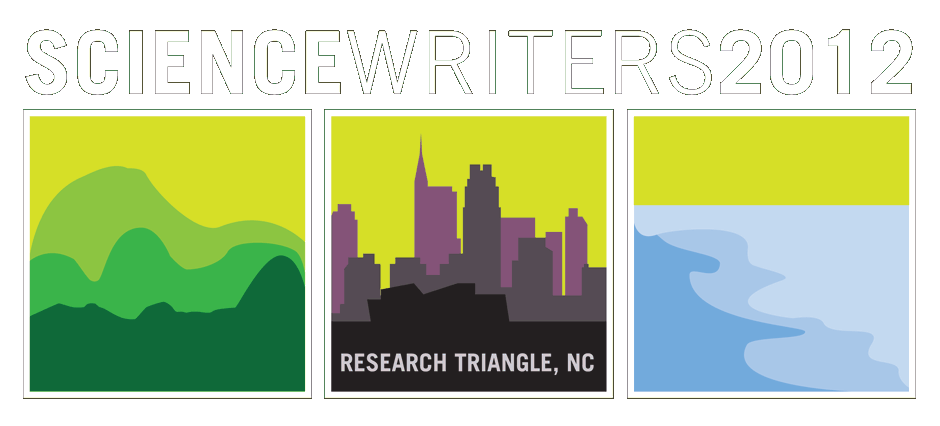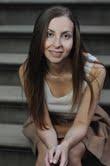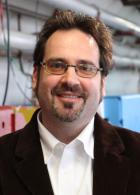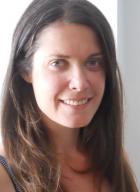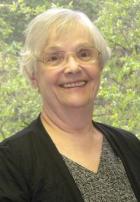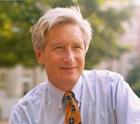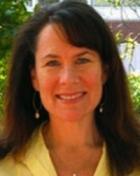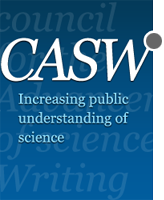Speakers
Jennifer Kahn
Magazine feature writer and instructor in the magazine program at the UC Berkeley Graduate School of Journalism
Jennifer Kahn is a feature writer for The New Yorker, National Geographic, the New York Times Magazine, Wired, and Outside, among others. Her work has been selected for the “Best American Science Writing” series four times in the past seven years, and is also featured in the anthology “Best American Sports Writing 2010.” Since 2008, she has taught in the magazine program at the UC Berkeley Graduate School of Journalism.
Lisa King
Interactive Marketing Strategist, CDG Interactive
Speaking:
-
Saturday, October 27th, 3:45 pm - 5:00 pm
-
Maria Konnikova
Freelance
Maria Konnikova (Twitter: @mkonnikova) is a writer living in New York City, where she works on an assortment of non-fiction and fiction. Her first book, “Mastermind: How to think like Sherlock Holmes,” will be published by Viking in January 2013. She writes the Literally Psyched blog for Scientific American, where she explores the intersection of literature and psychology, and formerly wrote the popular psychology blog Artful Choice for Big Think.
Speaking:
-
Saturday, October 27th, 9:15 am - 10:30 am
-
Mark C. Kruse
Fuchsberg-Levine Family associate professor of physics , Duke University
Mark Kruse is an associate professor specializing in experimental high-energy physics at Duke University, where he holds the Fuchsberg-Levine Family Chair for excellence in teaching and research. Kruse led the CDF Higgs discovery group at Fermilab from January 2007 to January 2009 and continues to play an active role in searches for the Higgs boson. In addition, he has developed a global analysis to search for new physics using events containing a high-energy electron and muon.
Speaking:
-
Sunday, October 28th, 2:00 pm - 3:00 pm
-
Harvey Leifert
Freelance
Harvey Leifert turned to freelance science writing after retiring from both the U.S. Foreign Service and the American Geophysical Union (AGU). He holds B.A. and M.A. degrees in political science and international relations. He was AGU's first full time public information officer. In that capacity, he organized press conferences and other media-related events at meetings that consistently drew (and still draw) between 150 and 200 reporters, editors, public information officers, and TV crews every December to San Francisco.
Speaking:
-
Saturday, October 27th, 1:45 pm - 3:00 pm
-
Caroline Leopold
Principal, Leopold Writing
Caroline Leopold is a freelance writer on health and medicine. Her passion is to ensure that advances in science, health, and medicine reach those in greatest need. Also, she specializes in grant writing for researchers, non-profits, and health providers.
Speaking:
-
Saturday, October 27th, 3:45 pm - 5:00 pm
-
Phyllis Leppert
Professor of obstetrics and gynecology; professor of pathology, Duke University School of Medicine
Phyllis Leppert started out as a nurse-midwife in the 1960s, then took a turn toward medical school, earning an MD in 1973 and then a biology PhD in 1986. She developed a research interest in the biology of the uterine cervix, and specifically its elastin fiber network. After a stint as chief of the Reproductive Services Branch of the National Institute of Child Health and Human Development, she joined Duke University’s obstetrics and gynecology faculty in 2006. There she focuses on issues in reproductive health and primary and preventive reproductive medicine for women.
Speaking:
-
Sunday, October 28th, 2:00 pm - 3:00 pm
-
David Levine
Co-Chairman, Science Writers in New York; Member, NASW PIO Committee
Organizing:
-
Saturday, October 27th, 1:45 pm - 3:00 pm
-
Tom Linden M.D.
Director, Medical & Science Journalism Program, University of North Carolina at Chapel Hill, & Medical Anchor, Journal Watch Audio (Massachusetts Medical Society & Audio-Digest Foundation)
Tom Linden, M.D., is director of the Medical and Science Journalism Program at the University of North Carolina at Chapel Hill where he teaches courses in medical and science journalism.
He's the author of “The New York Times Reader: Health & Medicine” (CQ Press, 2011). He's currently medical anchor for Journal Watch Audio, distributed bimonthly by the Audio Digest Foundation for the Massachusetts Medical Society.
Speaking:
-
Saturday, October 27th, 11:00 am - 12:15 pm
Organizing:
-
Saturday, October 27th, 11:00 am - 12:15 pm
Moderating:
-
Elizabeth Loboa
Associate professor of biomedical engineering and materials science and engineering; director, Cell Mechanics Laboratory, North Carolina State University and University of North Carolina at Chapel Hill
As a Stanford mechanical engineering graduate student, Elizabeth Loboa worked with a craniofacial surgeon on challenges such as repairing cleft palates and separating conjoined twins. She continues to be motivated by the chance to help repair severely wounded bodies. After completing her PhD in mechanical engineering in 2002 and doing a postdoc, she headed to North Carolina, where the breadth of her understanding of mechanics, modeling, materials and regenerative biology has landed Loboa adjunct appointments in physiology, textiles and orthopedics.
Speaking:
-
Sunday, October 28th, 9:30 am - 10:30 am
-
